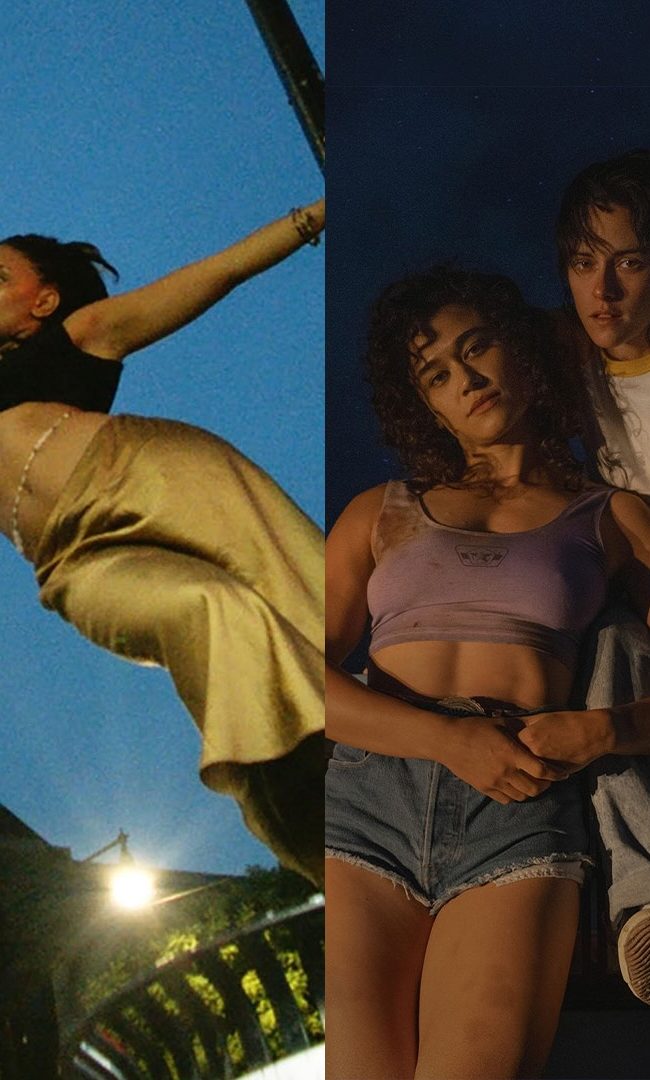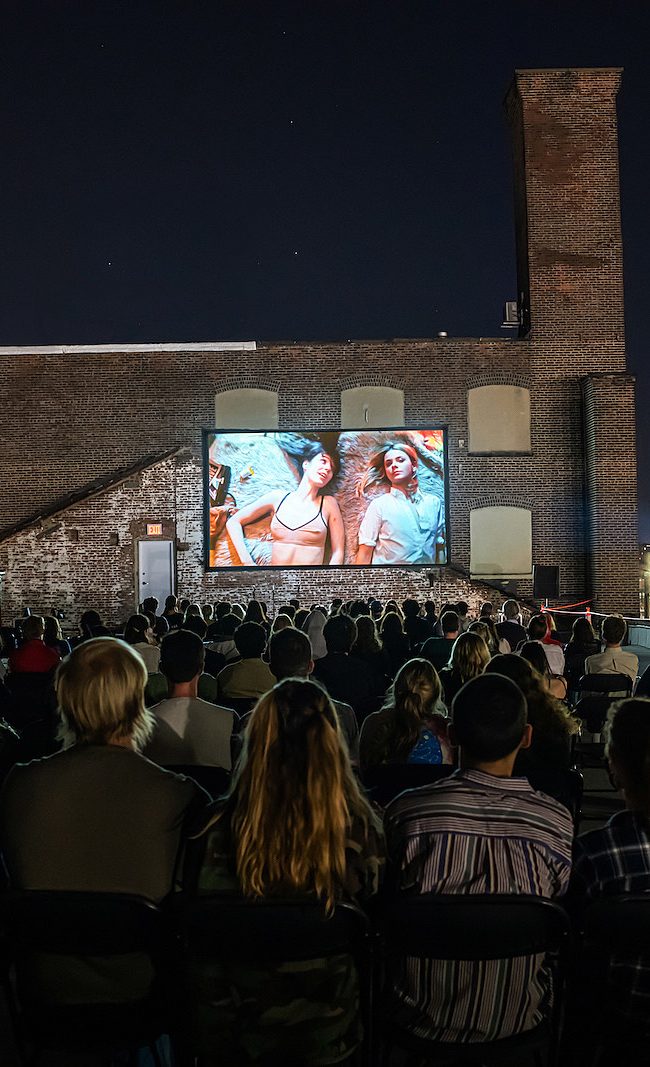(Sugar is now available on home video through Sony Classics. Visit the film’s official website to learn more, and buy it the DVD or Blu-ray at Amazon.)
Sports movies rarely get it right. Poorly researched and painfully formulaic, it’s as if the producers are more concerned with condescending to their non-sports appreciating viewers than elevating their product to appeal to the diehards who live and breathe the game (i.e., the people the movie should be made for in the first place). With Sugar, filmmaking duo Anna Boden and Ryan Fleck don’t just succeed at transcending the sports genre’s exhuasted formula. In addition to being a smart and pure and honest—and actual—baseball movie, Sugar is also a poignant personal drama that humanizes the immigrant experience in America. In keeping with the title, it’s one of the year’s sweetest treats.
In the less opportunistic Dominican Republic, baseball reigns supreme. Families dream that their sons will make it to America to play in the big leagues, and those same sons envision a level of stardom and success that will enable them to take care of their relations forever. Unfortunately, the number of individuals who actually make it out of the minor leagues and into the majors is scarce, and those who become actual superstars is even scarcer. Boden and Fleck’s first corrective to the oft-overly romanticized sports genre is to make their movie about a regular person who doesn’t ever make it to the top.
An upstart pitcher in the D.R., Miguel “Sugar” Santos is sent to America when his newly acquired knuckle curve begins to show great promise. First, he lands in Arizona for spring training tryouts, and after an impressive run, he’s called up to join the Single-A club in Bridgetown, Iowa. These scenes unfold with a casual naturalism and kindhearted humor, as Sugar tries to adjust to life in a foreign land. When he gets to Iowa, he is placed in the home of an elderly white couple. Though this set-up has the potential for condescension or sarcasm, Boden and Fleck play it sweetly and with a welcome measure of restraint. These scenes don’t feel like a movie’s caricatured take on life in the Midwest. They feel fair and true. After a downward spin in which Sugar begins to sense that his dream is dying, he makes an abrupt decision and flees to New York City to embark on a new life.
 It’s difficult to know where to begin with the commendations, for Boden and Fleck do just about everything right with Sugar. Let’s start with Boden’s editing. Early on, she cuts creatively on actions and sounds to keep things moving forward (a style that made me think of Hal Ashby), yet she also maintains an easy, casual pace throughout. Traveling from the Dominican Republic to Middle America to New York City could pose potential problems, but Boden’s cutting brings a rhythmic cohesion to these jarring location changes.
It’s difficult to know where to begin with the commendations, for Boden and Fleck do just about everything right with Sugar. Let’s start with Boden’s editing. Early on, she cuts creatively on actions and sounds to keep things moving forward (a style that made me think of Hal Ashby), yet she also maintains an easy, casual pace throughout. Traveling from the Dominican Republic to Middle America to New York City could pose potential problems, but Boden’s cutting brings a rhythmic cohesion to these jarring location changes.
Andrij Parekh’s cinematography is also phenomenal. More stable than his frenetic handheld work in Boden and Fleck’s previous film, the Oscar-nominated Half Nelson, he uses his camera to subtly enhance our emotional connection to Sugar. A prime example of this is during a telephone conversation between Sugar and his mother. As she speaks to him from their home in the D.R., the camera slowly drifts away from her until it rests outside the actual house. On Sugar’s end, speaking to her from his new bedroom in Iowa, the camera also pulls away, yet this time it’s pulling into Sugar’s environment. Once recognized, the purpose of this moment becomes profoundly clear. Much different but as emotionally affecting is a breathtaking Steadicam as Sugar wanders through a hotel lobby, past bright, fluorescently lit arcades and hallways. He ends up in the hotel bowling alley, where he spots his American teammates having the time of their lives with some pretty American girls. In this single shot, Sugar’s deep sense of foreign isolation is visually conveyed. It’s one of 2009’s best shots.
While technical proficiency is important, without a compelling, convincing lead performance, none of that would matter. Fortunately, in Algenis Perez Soto, a Dominican non-actor who was selected from over 500 candidates, Boden and Fleck have shown they have a knack for casting as well. Perez Soto’s baby face and sweet smile make him the perfect Sugar. His inherent gentleness adds complicated dimensions to his late-film decision to abandon his major league dreams and flee to New York City. At first, one might look down on him for being the slaughterer of his own dream, yet as he begins to find his footing in NYC, this decision makes sense. Perez Soto doesn’t just have a face for acting. He has the charisma to match it.
Sugar is a wonderful balancing act, observant and patient yet engaged and alive. Boden and Fleck manage to shirk the genre’s conventions while satisfying a viewer’s more conventional tastes. It’s several exceptional movies wrapped up into one.
— Michael Tully











